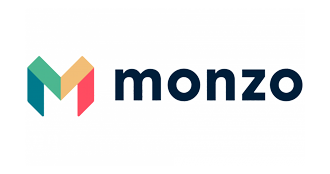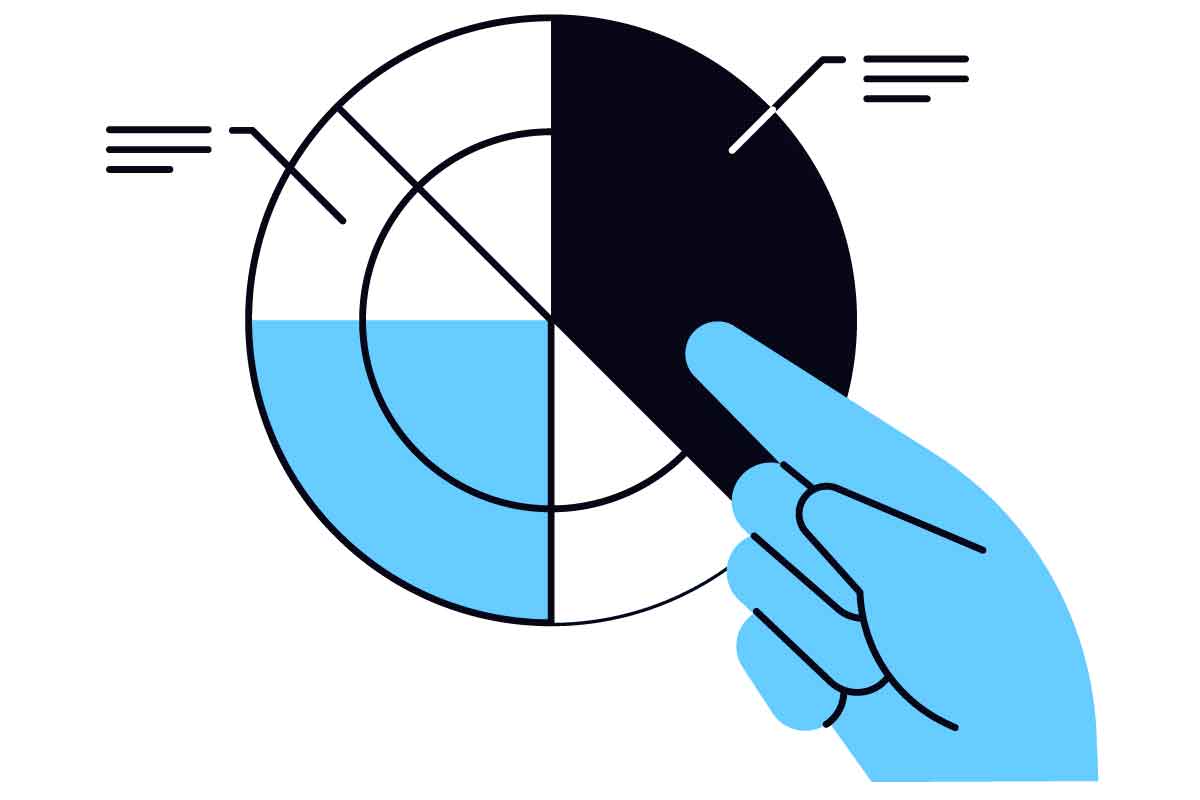Closing a limited company is a complex process, even more so if the company has outstanding debts to HMRC. This article will outline the process of closing a company in this situation and explore the potential options available to UK directors.
What is HMRC?
The HMRC (His Majesty’s Revenue and Customs) is the UK’s tax, payments, and customs authority. Their primary responsibility is to collect taxes from individuals and businesses.
Featured pro tools
Explore business banking
 |
Wallester Business ✓ Virtual & Physical Cards ✓ No Setup Fees ✓ No Monthly Fees Pricing Trial period Contact |
|
 |
Revolut Business ✓ Business Current Account ✓ Award-Winning Mobile App ✓ Quick & Easy Application Process Pricing Trial period Contact |
|
 |
Tide Business Bank Accounts ✓ Free, Plus, or Pro Account ✓ iOS & Android Mobile App ✓ Upload & Auto-Match Receipts Pricing Trial period Contact |
|
 |
Card One Money ✓ No Credit Checks ✓ Simple Fees ✓ Up to 3.5% Cashback Pricing Trial period Contact |
|
 |
ANNA Money ✓ Apply in 10 minutes ✓ Bookkeeping & Payroll Tools ✓ User-Friendly Mobile App Pricing Trial period Contact |
|
 |
Co-Op Business Banking ✓ Business Current Account ✓ Online, App & High Street Banking ✓ Quick & Easy Application Process Pricing Trial period Contact |
|
 |
HSBC Business Banking ✓ Business Current Account ✓ In-Branch, Online & App Banking ✓ FSCS Protected Pricing Trial period Contact |
|
 |
Metro Business Banking ✓ Business Current Account ✓ High Street Presence ✓ FSCS Protected Pricing Trial period Contact |
|
 |
Mettle Business Banking ✓ Business Bank Account ✓ Online & App ✓ Quick & Easy Application Process Pricing Trial period Contact |
|
 |
Monzo Business Banking ✓ Business Current Account ✓ Dedicated mobile app experience ✓ FSCS Protected Pricing Trial period Contact |
|
 |
Virgin Money ✓ Business M Account ✓ In-Store, Online & App Banking ✓ Insights & Forecasting Platform Pricing Trial period Contact |
It’s essential to remember that any debts or liabilities to HMRC are considered serious, and as a company director, you have a legal obligation to address them.
Understanding insolvency
If your company cannot pay its bills, it is considered insolvent. In such situations, the interests of your creditors (those your company owes money to) legally come before those of the directors or shareholders.
Insolvency is usually considered as a final course of action after all other ways to recover a debt have been examined. HMRC, as a creditor, will apply insolvency when they believe the company’s debt position will not be recovered, or they suspect the company is not being honest about the assets they hold.
Understanding your options
If your limited company has debts it cannot pay, there are several options available. These options include dissolution, administration, a Company Voluntary Arrangement (CVA), or liquidation.
- Dissolution: This is the process of closing down, or dissolving, a company voluntarily. It is generally suitable for companies that are solvent (can pay their debts). If your company has debts to HMRC, dissolution is unlikely to be a viable option, as any unpaid debts will result in the company being restored to the Companies House register for further investigation.
- Administration: This involves an external administrator taking control of the company. The administrator will attempt to pay off the company’s debts through a restructuring plan or by selling the company or its assets.
- Company Voluntary Arrangement (CVA): This is an arrangement between the company and its creditors (including HMRC) to repay some or all of the debts over an extended period. The arrangement is supervised by an insolvency practitioner and must be approved by creditors.
- Liquidation: This involves selling off the company’s assets to pay its debts. There are two types of liquidation: compulsory and voluntary. Compulsory liquidation is enforced by a court order, usually as a result of a petition by creditors. Voluntary liquidation is initiated by the company’s directors.
How to close your company
If closing a limited company with debts to HMRC, it’s advisable to get professional advice from an insolvency practitioner or a legal adviser. They can guide you on the best course of action and ensure you comply with your legal obligations as a director.
The process you’ll follow will depend on the option you choose:
- For a CVA: The insolvency practitioner will prepare a proposal for the creditors, detailing how the company plans to repay its debts. This proposal must be approved by at least 75% (by debt value) of the creditors.
- For Administration: The appointed administrator will take over the running of the company and attempt to repay the debts. This may involve restructuring the company or selling its assets.
- For Liquidation: The insolvency practitioner will sell off the company’s assets and use the proceeds to pay off the debts. If there are any funds left over, they will be distributed to the shareholders.
Dealing with debts to HMRC
In cases where a company has outstanding debts to HMRC, there are several mechanisms available to address this issue:
- Company Voluntary Arrangement (CVA): This is an agreement between a company and its creditors, including HMRC, to pay all or part of the debts over an agreed period. CVAs need a licensed insolvency practitioner to propose a plan to creditors, which includes an overview of the company’s past history and future trading prospects. HMRC will review the proposal and vote on it, and they tend to support arrangements that are achievable and represent the best outcome for the country’s vital tax revenues.
- Company Moratoriums: This is a provision under the Corporate Insolvency and Governance Act. When a company applies for a moratorium, it gets a period to restructure its finances, during which creditors, including HMRC, stop recovery activities. The period initially lasts for 20 business days but can be extended.
- Bankruptcy and Winding Up Orders: If a company or individual cannot pay their debts, they may be declared bankrupt or be forced into liquidation. The appointed insolvency practitioner, known as a trustee for individual debtors or a liquidator for companies, is responsible for realizing the debtor’s assets and distributing them to creditors, including HMRC.
Remember, not paying taxes can result in penalties, and HMRC will take steps to recover the money owed, including using debt collection agencies and taking court action. Directors may also be held personally liable for company debts in certain circumstances.
Consequences of closing a company with debts to HMRC
Closing a limited company with debts to HMRC can have serious consequences.
If the company is liquidated and there are insufficient assets to cover the debts, the directors could potentially be held personally liable if they are found to have acted improperly or irresponsibly.
This is known as ‘wrongful trading’ and can result in directors being disqualified, fined, or even imprisoned.
In conclusion, closing a limited company with debts to HMRC is a complex process that should not be taken lightly.
It’s advisable to seek professional advice to ensure you choose the best option for your situation and meet all your legal obligations.
Remember, the earlier you address the issue, the more options you’ll have available. So, if your company is facing financial difficulties, speak to a qualified professional as soon as possible.
Directors’ loan accounts and VAT
If there is a loan to a director or their family that has not been repaid, this is considered an asset of the company. The liquidator has a duty to collect this for the benefit of all creditors. The loan must be repaid even if the director or their family has other debts.
As for VAT, once a company is in liquidation, it is not required to submit regular VAT returns. However, the liquidator should submit a final VAT return covering the period up to the date of liquidation.
A new VAT registration number will be issued to the liquidator who will submit VAT returns covering the liquidation period.
Please note that this is a complex area, and the advice of a solicitor or insolvency practitioner should be sought in these matters. This guide is intended to provide general guidance only.
FAQ for closing a limited company with debts to HMRC
There are several options if your limited company cannot pay its tax liabilities. These include entering into a Company Voluntary Arrangement (CVA), applying for a company moratorium under the Corporate Insolvency and Governance Act, or going through insolvency procedures such as administration, voluntary liquidation, or compulsory liquidation. Each of these options has different implications, and it is advised to seek professional advice to understand which is most suitable for your situation.
HMRC can apply to the courts to make a company insolvent as a final course of action after considering all other ways to recover a debt. This usually happens if HMRC believes that a company’s debt position will not improve, if a company that can pay its debts is actively avoiding payment, or if HMRC suspects a company is not being honest about its assets.
A company can become dormant if it’s no longer carrying on business activity, trading, or receiving income. However, the company must continue to submit annual accounts and confirmation statements to Companies House. Please note that becoming dormant does not absolve a company of its existing liabilities, including any tax debts to HMRC.
As a general rule, directors are not personally liable for a company’s debts. However, in certain situations, such as fraudulent trading or wrongful trading, directors may become personally liable. If you are a director and concerned about your liability, it’s important to seek professional advice.
If a company doesn’t have a director, for example, if a sole director has died, the company must appoint a new director. Shareholders must agree to appoint a new director and may need to vote on it. If there aren’t any shareholders, the executor of the estate can appoint a new director, as long as the company’s articles allow it. The new director can close the company. The company still needs to pay corporation tax and file a tax return even if there’s no director.
Please note that this FAQ section provides a general guide and is not a substitute for professional advice. Always seek advice from a qualified professional when dealing with company closure, insolvency, or tax matters.

